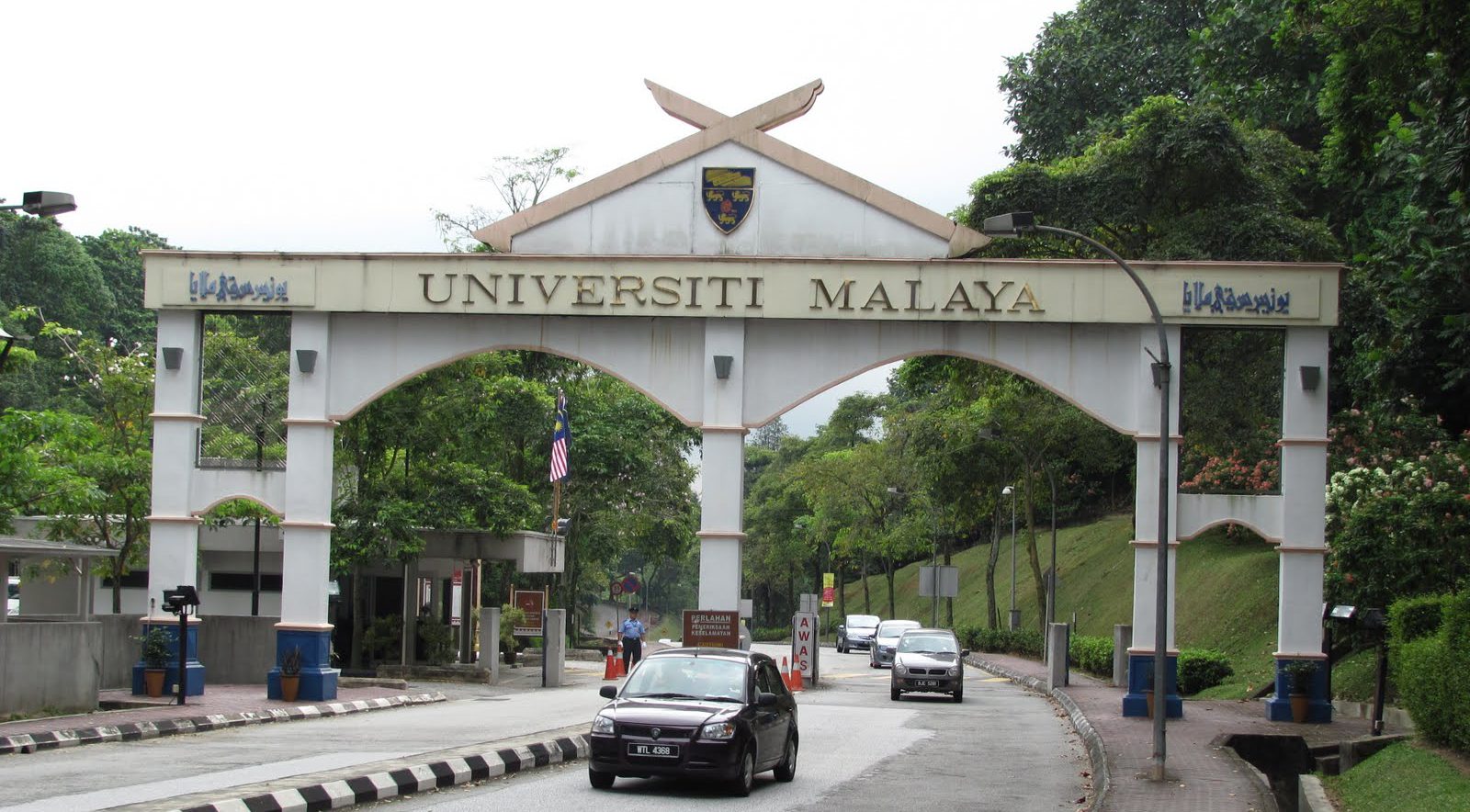By Kua Kia Soong,
SO, there are five vice-chancellors’ posts of public universities that are vacant now and there seems to be a problem trying to find the right candidates. For a country that is hoping to become a high-income society soon, one wonders what the problem is.
Some have put it down to the question of political appointments just like finding a CEO for a GLC. We know it is not just an issue of political patronage for we have had ruling coalitions under BN, PH and now PN and they all refuse to confront the elephant in the room, namely, blatant racial discrimination.
Before May 13, 1969, there were two non-Malay vice chancellors at University Malaya – Huang Li Song (1965-66) and Chin Fung Kee (1966-67). After the Emergency following the riots and the introduction of the so-called ‘quota system’ with the amendment (8A) to Article 153, there was no mention in the amendment nor in the New Economic Policy that the vice chancellors of public universities must be Malay. Still, the record speaks for itself – since 1969, every single vice chancellor or deputy vice chancellor for that matter, in all our public universities has been Malay.
With such a blatant racial bar on promotions and meritocracy, is it surprising that since 1971, many non-Malay academics have left for other countries to find a more level playing field that puts competence first and where their capabilities are acknowledged & celebrated?
Nonetheless, is it really the case that there are no non-Malay academics left in the country today who are qualified to be vice chancellors in any of the 20 public universities in the country? How long must Malaysian citizens put up with this charade of trumpeting lofty sounding education philosophies while practicing such overt and embarrassing racial discrimination?
Live up to the National Education Blueprint
The National Education Blueprint declares that it is “… designed to produce Malaysian citizens who are knowledgeable and competent, who possess high moral standards and who are responsible and capable of achieving high levels of personal well-being as well as being able to contribute to the harmony and betterment of the family, the society, and the nation at large.”
It also promotes ‘Equity for All Students’ and fosters ‘Unity among Students’:
“Since independence, one of Malaysia’s core aspirations as a uniquely diverse nation has been to foster unity. Highly diverse nations that embrace this diversity and prioritise social and systemic inclusiveness exhibit greater unity. International research from the OECD indicates that such greater unity is associated with healthier populations, safer communities, and higher rates of employment.”
How can our society promote high moral standards, foster unity, embrace diversity and prioritise social and systemic inclusiveness…if there is blatant racial discrimination in education, the economic and political spheres?
University leaders are key movers
The National Education Blueprint identifies teachers and school leaders as the most important school-based drivers of student outcomes, pointing out that an outstanding principal, one who is focused on instructional and not simply administrative leadership, can raise student outcomes by as much as 20%. So, in what way could race conceivably play a role in achieving this outcome?
Thus far, Malaysia’s education system has failed to produce the skills and talent required to take the country’s economy to the next level. A key obstacle lies in the government’s failure to promote a fair and open economy.
The Bumiputera policy and insufficient checks and balances continue to hamper the country’s economy, leading to poor practices in governance. Reforms are critically needed to rally the nation to achieve its economic objectives, and arguably only feasible if such reforms engage the talents of the whole nation through race-free inclusive policies. In contrast, the NEP has mainly served to encourage rent-seeking behaviour and patronage politics which have held back national progress.
Reform agenda: end race-based policies
In Malaysia, given that it is now 30 years since the NEP deadline in 1990, it makes developmental sense to implement a new socially just affirmative action policy based on need or class or sector. Only such a race-free policy can convince the people that the government is socially just, fair, and democratic.
The cost and consequences of the racially discriminatory policy in Malaysia have been immense especially since the NEP in 1971. It has caused a crippling polarization of Malaysian society and a costly brain drain.
A good place to start such a race-free policy is to ensure that capable candidates regardless of their ethnicity, gender, religion, or political affiliation are appointed as vice chancellors to public universities. A political commitment to equality, democracy and human rights would further involve ratifying the International Convention on the Eradication of racial Discrimination. Are any of the political coalitions – PN, BN and PH – up to this task?
* Kua Kia Soong is Suaram adviser.
*The views expressed here are those of the author/contributor and do not necessarily represent the views of The Hindu Press.




